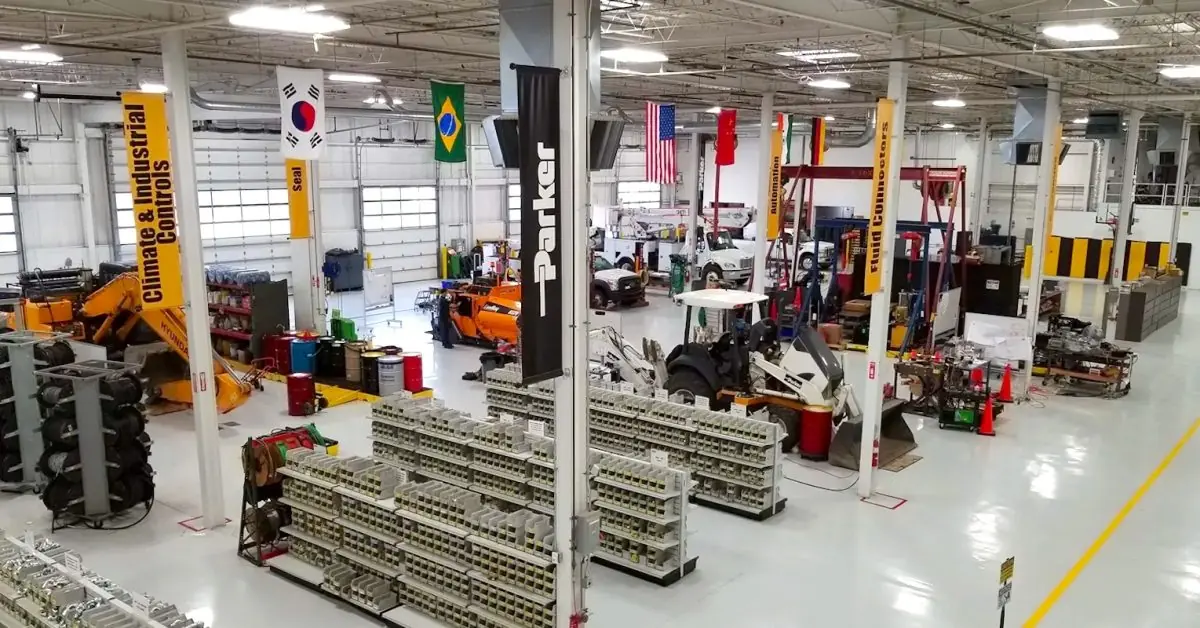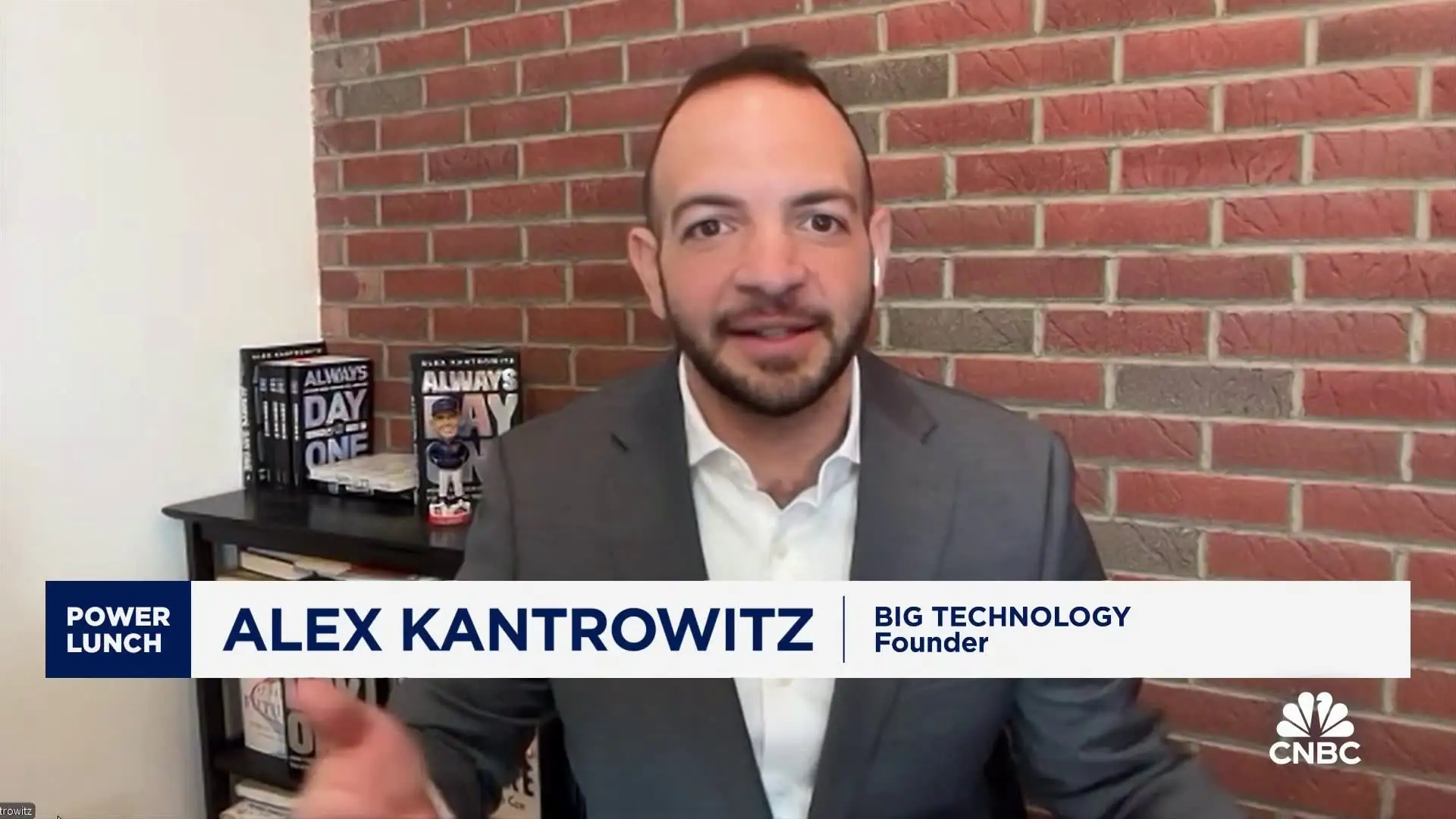In recent discussions about cryptocurrency, Russia has been at the forefront of regulatory changes, particularly in the Irkutsk region, which is known for its significant Bitcoin mining operations. There is a potential plan to impose a year-round ban on cryptocurrency mining in Irkutsk, starting as early as April 1, 2025. This decision would apply specifically to the southern part of the region and could last until mid-2031. The proposed ban is part of broader efforts by Russia to manage energy consumption and align cryptocurrency activities with national regulations.
The Irkutsk region has long been a key location for cryptocurrency mining due to its access to cheap electricity, which is crucial for the energy-intensive process. However, the increased demand for power has led to concerns about the strain on local energy grids, particularly during winter months when heating needs rise. Currently, miners in southern Irkutsk have been allowed to operate during warmer months, but this could change if a total ban is implemented.
Beyond Irkutsk, Russia has also taken steps to regulate cryptocurrency mining more broadly. The country has legalized mining while imposing restrictions in several regions to balance energy demand. For instance, a law signed by President Vladimir Putin defines the rights and obligations of miners and includes provisions for taxation. Miners are required to report their earnings and adhere to energy consumption limits, with only registered entities and entrepreneurs permitted to engage in large-scale mining.
Additionally, Russia is launching a nationwide registry for crypto mining equipment to curb illegal mining and enhance compliance. This registry aims to clarify criteria for what constitutes cryptocurrency mining, addressing gaps in current regulations. By introducing clearer guidelines and oversight, the government seeks to integrate cryptocurrency operations into the economy more effectively.
The economic and societal impacts of these regulations could be significant. For Russia, cryptocurrency mining offers a way to leverage technological innovations and potentially mitigate economic sanctions. However, the restrictions could force many mining operations to relocate, impacting local economies and employment. Moreover, they highlight broader discussions about how governments balance technological advancements with public resources and environmental concerns.
In the future, the trajectory of cryptocurrency regulation in Russia will likely continue to evolve. As the technology advances and becomes more integrated into global financial systems, countries will need to balance regulatory oversight with the potential economic benefits of cryptocurrency. This presents a critical challenge: how to ensure that innovation can thrive while addressing societal and environmental challenges. For more updates on cryptocurrency and emerging technologies, visit Epochedge news and explore the intersection of technology and society at Epochedge technology.










